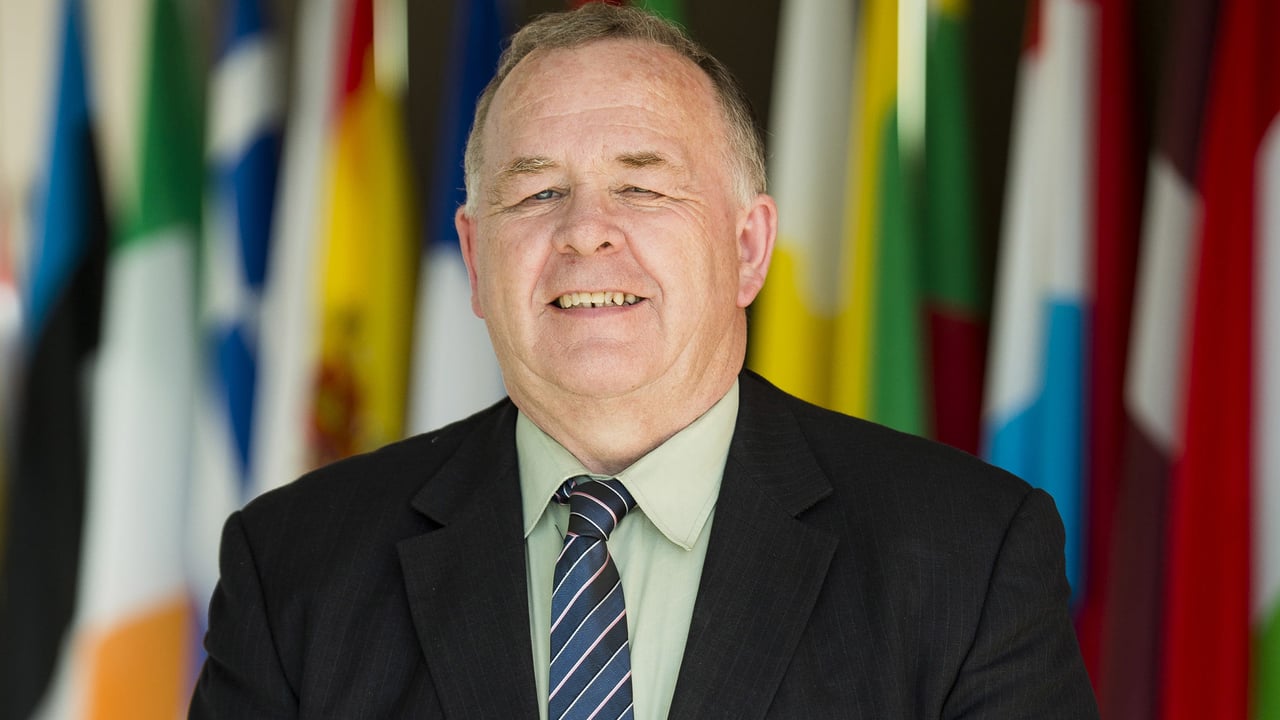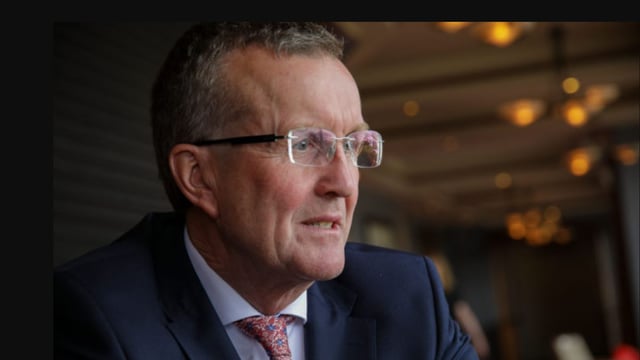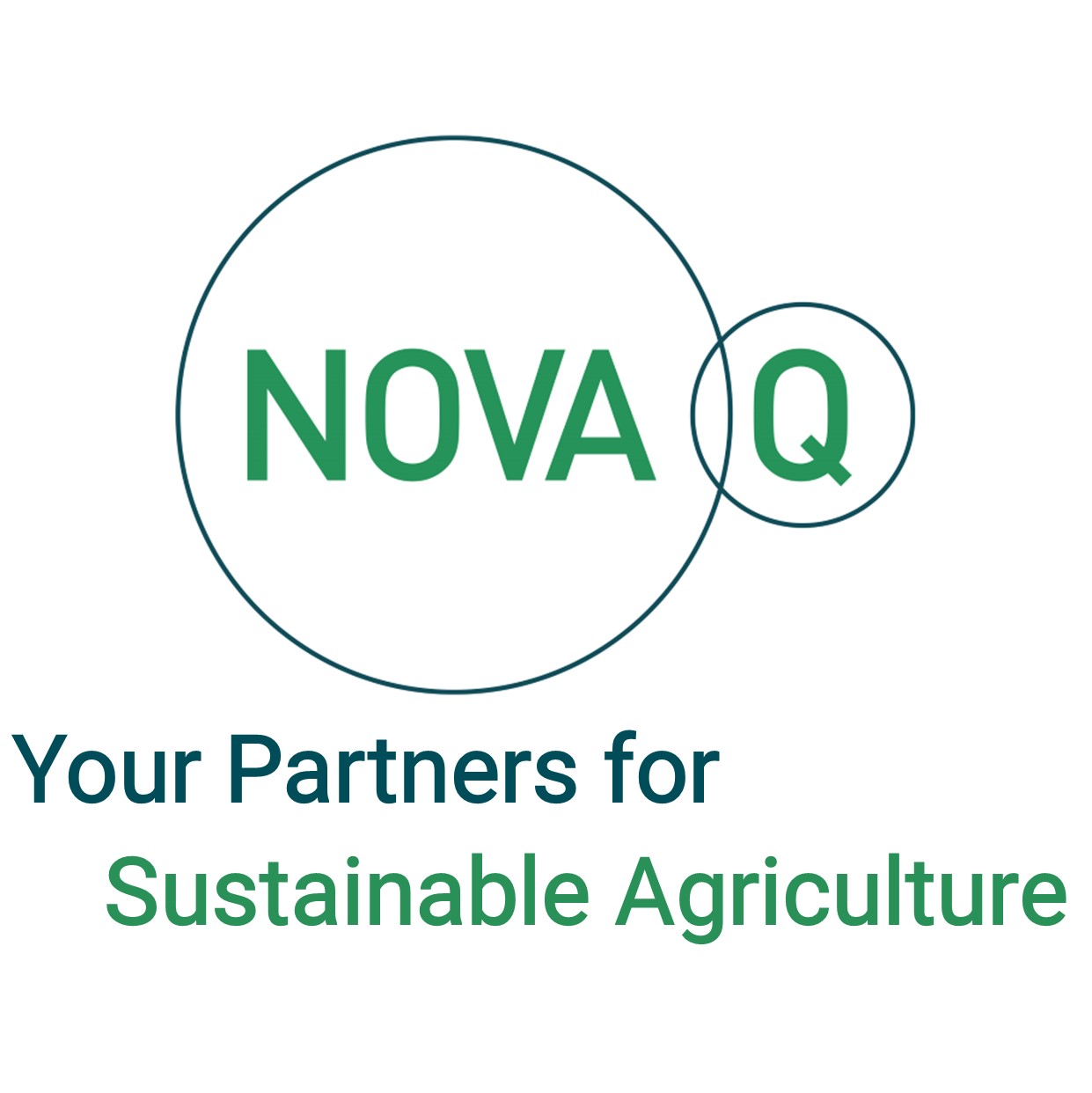Irish Rural Link CEO re-elected president of European committee
Members of the Civil Society Organisations' Group of the European Economic and Social Committee (EESC) have re-elected Irish Rural Link CEO, Séamus Boland as president of the group for another two and a half years.
Boland will chair the group for his second half-term, from April 2023 to September 2025.
A farmer himself, Boland represents an organisation for rural and community development at the committee and has chaired the group since October 2020 having been a member of the committee since 2011.
The eradication of poverty and the role of civil society organisations (CSOs) in combating poverty are to remain the overarching priorites during his presidency.
"Poverty is heading for an all-time high as a consequence of Covid-19, climate change and the geopolitical turmoil due to the war in Ukraine," Boland stated.
"Poverty eradication therefore remains the overriding priority of my presidency and civil society organisations play a pivotal role in combating poverty. CSOs help voice local concerns, define local needs and find local solutions.
"This is crucial for attaining the first Sustainable Development Goal [SDG], which is to eradicate extreme poverty everywhere," he added.
For 2023, the head of Irish Rural Link proposes concentrating the work of the group on the following priority areas:
During his first half-term, the group decided to change its name. On May 18, 2022, it was unanimously decided to change the group's name from the 'Diversity Europe Group' to the 'Civil Society Organisations' Group'.
"Our new name – Civil Society Organisations' Group – provides our stakeholders with more clarity about the group's composition and mission," Boland continued.
"The renaming was especially timely, in light of the final report of the Conference on the Future of Europe, which proposes enhancing the institutional role of the committee and empowering it as facilitator and guarantor of participatory democracy."
During its meeting, the Civil Society Organisations' Group also elected its candidates for other leadership positions at the EESC for the second half of the 2020-2025 term:
These nominees will be confirmed by vote during the committee's mid-term renewal in April 2023.
The EESC is a consultative body that gives representatives of Europe's socio-occupational interest groups, and others, a formal platform to express their points of view on EU issues.
Its opinions are addressed to the European Council, the European Commission and the European Parliament, therefore it has a key role to play in the EU decision-making process.
The EESC itself has a rotating presidency system. The 2023-2025 EESC president will come from the Workers' Group, the vice-president in charge of the budget from the Civil Society Organisations' Group, and the vice-president in charge of communication from the Employers' Group.
They will occupy these roles until September 2025. The next EESC presidency for the Civil Society Organisations' Group is due to start in September 2025.
The Civil Society Organisations' Group (Group III) is one of the three groups that make up the EESC, alongside the Employers' and Workers' Groups.
In line with the changes introduced in the Lisbon Treaty, Group III is made up of other representatives and stakeholders of civil society, particularly in the economic, civic, professional and cultural field.
Its members are drawn from organisations representing the following fields:





